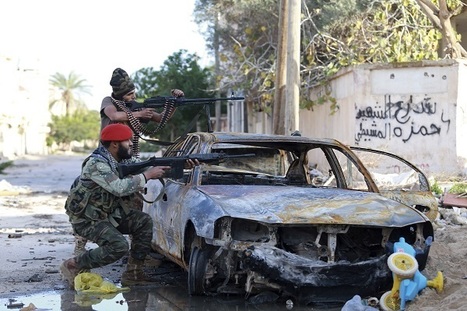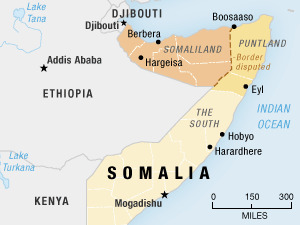"SOMALILAND, a slim slice of Somali-inhabited territory on the southern shore of the Gulf of Aden, ticks almost all the boxes of statehood. It has its own currency, a reasonably effective bureaucracy and a trained army and police force. But it has yet to receive official recognition from a single foreign government in the years since it declared independence in 1991. To the outside world, it is an autonomous region of Somalia, subject to the Somali Federal Government (SFG) in Mogadishu. Why is it not a state? Throughout the post-independence era, geopolitics in Africa has tended to respect 'colonial borders', i.e. the borders laid down by European colonial powers in the 19th century. Across the continent, there have been only two significant alterations to the colonial map since the 1960s: the division of Eritrea from Ethiopia, in 1993; and South Sudan from Sudan, in 2011."
Via
Mike Busarello's Digital Storybooks



 Your new post is loading...
Your new post is loading...










